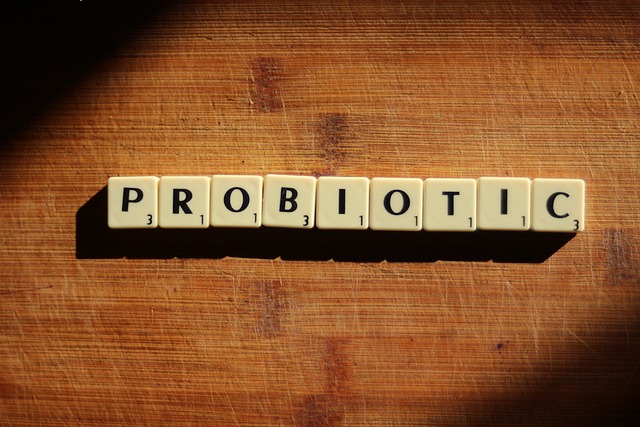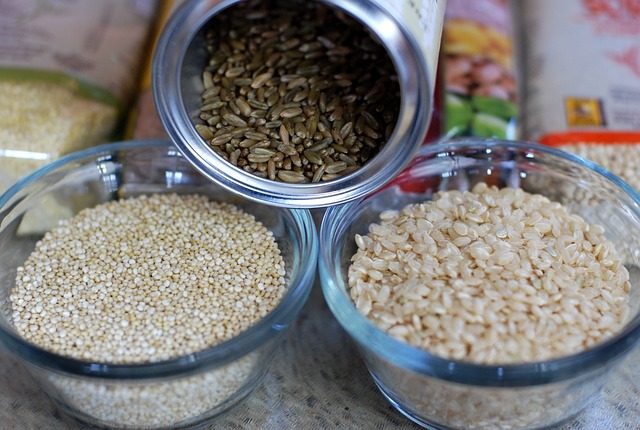The gut-brain connection is a fascinating and increasingly researched area that highlights the intricate relationship between our digestive system and mental health. While it may seem unlikely, there is a strong bidirectional communication system between our gut and brain, where the health of one significantly influences the other. This article aims to explore the connection between digestive health and mental well-being, shedding light on how imbalances in the gut can impact our mood, cognition, and overall mental health.
The Gut Microbiota
At the core of the gut-brain connection lies the gut microbiota, a diverse community of microorganisms residing in our digestive tract. This complex ecosystem, consisting of bacteria, viruses, fungi, and other microbes, plays a crucial role in maintaining our overall health. The gut microbiota helps with digestion, synthesizes essential nutrients, trains the immune system, and even produces certain neurotransmitters that affect our brain function.
The Vagus Nerve and Neurotransmitters
One of the key pathways through which the gut communicates with the brain is the vagus nerve. This long cranial nerve connects the brainstem to various organs, including the gut. Through this connection, signals are exchanged, influencing our emotional state and cognitive function. Moreover, the gut microbiota produces neurotransmitters such as serotonin, dopamine, and gamma-aminobutyric acid (GABA), which are crucial for regulating mood and mental health.
Gut-Brain Connection – Gut Health and Mental Disorders
Emerging research suggests a strong link between gut health and mental disorders such as anxiety, depression, and even neurodevelopmental conditions like autism spectrum disorder (ASD). Imbalances in the gut microbiota, referred to as dysbiosis, have been associated with these mental health conditions. Studies have shown that individuals with depression and anxiety often exhibit alterations in their gut microbial composition compared to those without these disorders.
- Anxiety and Depression: Research suggests that individuals with anxiety and depression often exhibit alterations in their gut microbial composition compared to those without these disorders. Studies have found that certain species of gut bacteria, such as Bifidobacterium and Lactobacillus, which are known to produce neurotransmitters like serotonin, are reduced in individuals with depression and anxiety. Serotonin, often referred to as the “happy hormone,” plays a crucial role in regulating mood. Therefore, imbalances in gut bacteria that affect serotonin production can contribute to mood disorders.
- Neurodevelopmental Disorders: Emerging evidence also indicates a potential association between gut health and neurodevelopmental disorders like ASD. Children with ASD have been found to have differences in their gut microbiota composition compared to neurotypical children. Additionally, individuals with ASD often experience gastrointestinal symptoms such as constipation, diarrhea, and bloating, suggesting a bidirectional relationship between gut health and neurodevelopmental conditions.
- The Role of Inflammation: Chronic inflammation in the gut can disrupt the delicate balance of the gut-brain axis and contribute to mental health disorders. Conditions such as irritable bowel syndrome (IBS) and inflammatory bowel disease (IBD) are characterized by inflammation in the gastrointestinal tract. Inflammatory molecules, known as pro-inflammatory cytokines, released during gut inflammation can travel to the brain and trigger neuroinflammation. Neuroinflammation can interfere with neurotransmitter function, alter neural pathways, and contribute to the development of mental health disorders.
- Gut Permeability and the “Leaky Gut” Hypothesis: Another aspect of gut health that impacts mental well-being is intestinal permeability, often referred to as “leaky gut.” In a healthy gut, the intestinal lining acts as a barrier, selectively allowing nutrients to be absorbed while preventing harmful substances from entering the bloodstream. However, when the gut barrier becomes compromised, toxins, bacteria, and other substances can leak into the bloodstream. This leakage triggers an immune response, leading to systemic inflammation that can affect brain function and contribute to mental health disorders.
The gut-brain connection is a complex and dynamic relationship. Imbalances in the gut microbiota, inflammation, and gut permeability can significantly influence mental health. Understanding and addressing these factors are essential for promoting overall well-being.
Strategies for Promoting Gut and Mental Health (200 words)
Maintaining a healthy gut is essential for optimizing mental well-being. Here are some strategies to support digestive health and nurture the gut-brain connection:
- Balanced Diet: Consume a diverse range of whole foods, including fiber-rich fruits, vegetables, and whole grains. Avoid excessive intake of processed foods, added sugars, and artificial additives.
- Probiotics and Prebiotics: Incorporate probiotic-rich foods like yogurt, kefir, and sauerkraut into your diet. Additionally, consume prebiotic foods such as onions, garlic, and bananas to nourish beneficial gut bacteria.
- Stress Management: Chronic stress can disrupt the gut-brain axis. Engage in stress-reducing activities like exercise, meditation, and mindfulness to promote a healthy balance.
- Sleep Hygiene: Prioritize quality sleep as it plays a crucial role in gut health and mental well-being. Aim for 7-9 hours of uninterrupted sleep each night.
Conclusion
Understanding the gut-brain connection and its impact on mental health is vital for achieving overall well-being. By prioritizing digestive health through a balanced diet, stress management, and sleep hygiene, we can nurture our gut microbiota and support mental well-being. Further research in this field will continue to provide valuable insights and potential interventions for improving mental health through optimizing the gut-brain connection. Remember, a healthy gut means a happy brain.
Photo by David Cassolato
Digestive Health
-

Harness the Power of Prebiotics to Boost Gut Health NOW
From the desk of a seasoned natural health practitioner, the fascinating realm of digestive health unveils many intricacies, with prebiotics playing a monumental role. Over the years, as I’ve consulted one-on-one with numerous clients and taught dedicated courses on the subject, the profound impact of prebiotics on overall health is evident. Here’s a comprehensive exploration…
-

Understanding Probiotics and Prebiotics for Gut Health
-

Natural Digestive Support: 5 Herbal Teas You Need to Try
-

Alleviate Bloating Naturally with These Effective Remedies
-

The Healing Powers of Bone Broth: A Natural Remedy for Digestive Issues
-

9 Natural Remedies for Acid Reflux and Heartburn
-

Top 10 Foods to Avoid for Better Digestive Health









Leave a Reply